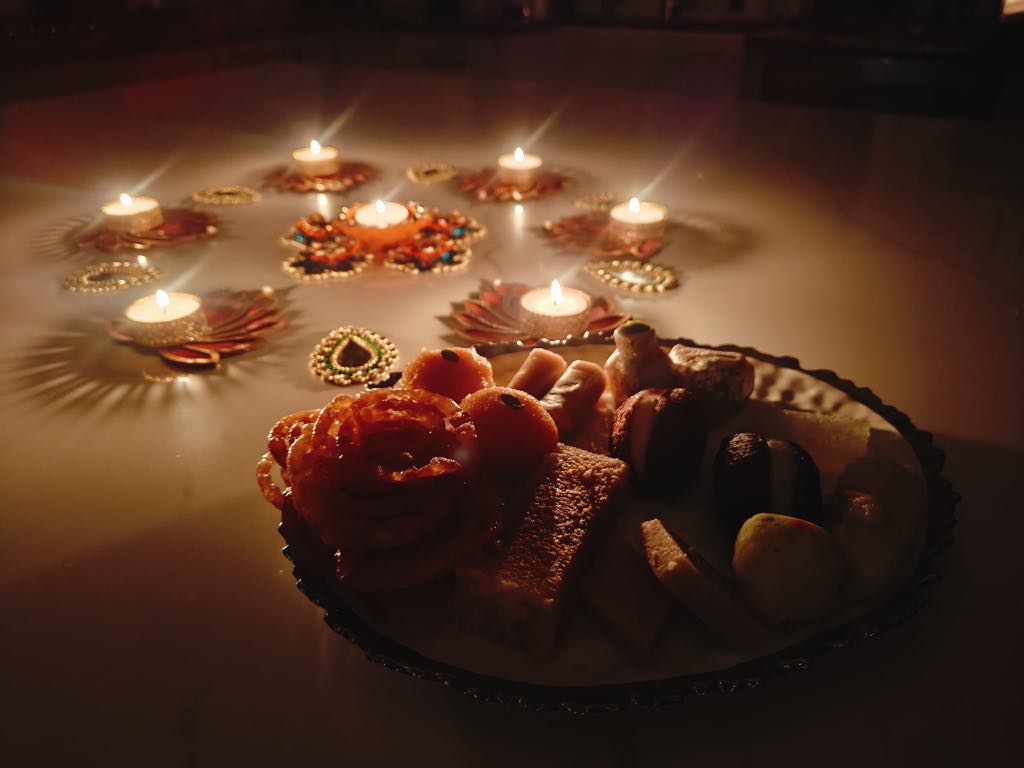In today’s diverse society, the holiday season can feel like a competition for many of us who come from minority or immigrant backgrounds. As first or second generation immigrants, we are often split in between the traditions of our heritage and the overwhelming presence of “mainstream” culture. It can feel easy to be pressured to set aside traditional customs in favor of blending in. This struggle is quite real among minority students in schools, where cultural identity is being stripped away from societal expectations and norms. It’s vital for all of us to embrace local cultures and language traditions during the holidays, not just for preserving our own identity, but also for a society that celebrates diversity and freedom.
One of the fastest-growing challenges among minority students is the decline of interest in their ancestral language and cultural practices. As students, in schools, we spend so much of our time exposed to a predominantly “American” cultural narrative, with its own set of popular customs, foods, and social norms. For example, holidays like Christmas overwhelmingly dominate the holiday season and many of us feel that our own traditions are “different” or “less important.” This creates an identity crisis for some who have to choose between their heritage and fitting in. This pressure to conform is often instilled by the fear of being excluded from peer groups. Over time, pressure can cause a loss of connection to our heritage leaving us neither fully connected to our cultural roots nor fully accepted into the dominant culture.
I’ve also noticed how easy it is for many of us to feel embarrassed about speaking our family’s language. Personally, I too feel uncomfortable speaking my native language with anyone besides my own family. Some of us avoid speaking anything but English in public, even when speaking in our own language, which is widely accepted. This embarrassment stems from the fear of being judged or perceived as “different” or “weird.” These experiences are ones that so many of us share and it is exactly why embracing our roots is so important.
At Jefferson, the student body is predominantly minority and is beautifully diverse with many different cultures and students from numerous backgrounds. Jefferson offers a unique opportunity for students to celebrate and share traditions with one another. For example, multicultural student clubs like TJ Namaste or Vietnamese Student Association often host cultural potlucks and activities where people can be found teaching friends about their language’s holiday greetings and unique traditions. For me, and I believe for many of us, Jefferson is a place where cultural divergences from the “norm” is accepted and allows us to fully express ourselves for who we are.
However, the ideals in this article aren’t reserved solely for Jefferson students. Today, it may seem that the country is ultra-polarized and prefers conformity, but students everywhere should take pride in their language and cultural heritage. During the holiday season, celebrating traditions, speaking native languages, and sharing cultural identity is a powerful tool in expressing ourselves and being heard. In doing this we create a greater understanding of each other and a more unified society. By embracing our roots, we show that belonging does not require erasing who we are.

